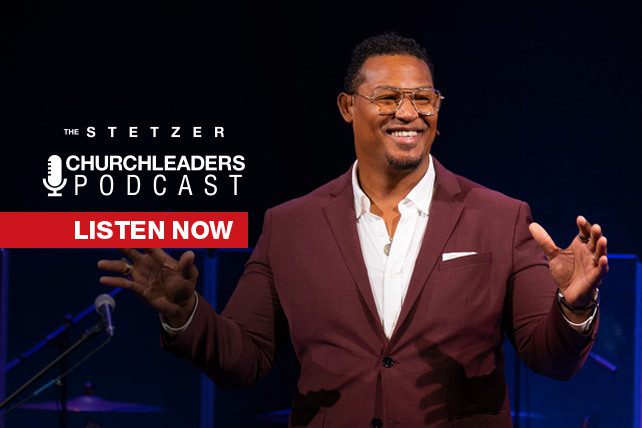“What characterizes a resilient team…is flexibility and durability.”
“I think resilient teams will have a very clear, very focused understanding of a shared mission and a shared direction and shared values and shared language, because those are all of the pieces that actually bolster us when the storm comes.”
“I don’t think education and even experience are going to be the first two things that most healthy, vibrant, growing organizations are going to look for. Not that they’re not important, but I think the profile of a leader has really changed to ask the question, ‘What have you endured and how did you endure it? What kind of people have you formed in your wake?’”
“For a couple cycles, a couple generations of the church, we’ve hired managers over systems and processes in order to continue to build, especially under the guise of the Church Growth model. But management and leadership are vastly different things.”
“I gotta be honest with you, the last year has been pretty exceptional, but the four before that, man, were the hardest in my adult life.”
“I started asking questions of my own leadership: Where have I contributed to what I’m hearing, to what I’m experiencing?”
“The temptation for us as leaders so often is to retreat from the conflict, and a bunch of small conflicts over the years then becomes a giant cancer.”
“I was leading, but I was also being led, being inspired, being pushed by the people on my team, and that’s how that’s how we got through it.”
“Nobody ever told me that…to have a really healthy, resilient team. You guys need some kind of code of conduct and the team charter that you agree upon.”
“If you do the book, I can say this without any hesitation, you will have a very different and a better team on the other side of it.”
“We actually had this conversation as a team before we had our first regather, to say, ‘Listen, we don’t know who’s coming. We don’t know how they feel about us. And so we have to operate as such and win them again. And some, win them for the first time.’”

